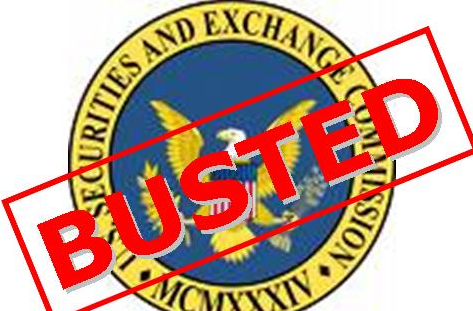
22 Sep The Power to Destroy
In the United States, folks in regulated industries such as telecommunications, pharmaceuticals, public companies, energy companies and the like face a risk every day. That is the risk that the regulator will decide to look into whether they might have done something wrong. It might start with a simple letter requesting they voluntarily submit information. Then a subpoena could follow. Then, if evidence is there, a civil suit claiming violations of rules or laws. Referrals to the criminal prosecutors could be next. The good part: though historically challenged budget-wise to bring as many enforcement proceedings as they would like, regulators often bring down real bad people and make them pay or get locked up, or both.
But what if you didn’t do anything wrong but they think you might have? This can sometimes be triggered by someone, maybe with an ulterior motive, filing a complaint with the regulator. Or something in a filing that seems amiss to the enforcement folks. The problem with a public company is, the regulators, by simply starting an investigation and making an accusation, can destroy the careers and reputations of people who turn out to be innocent. Depending on the circumstances, public companies often find it advisable to disclose when the SEC issues a subpoena or a “Wells letter” saying it is likely they will start a formal lawsuit. Stocks plunge, stockholders sue, companies can be destroyed, jobs lost, the whole shebang. And more than rarely, it turns out that either the case ultimately is not brought for lack of evidence, or the SEC fails to prove its case in court. And sometimes, they will simply drop a case to avoid losing it. But by then it is often too late.
Not saying the SEC shouldn’t do its job. Recently they’ve come after a bunch of folks in the reverse merger space, and sadly some are indeed bad actors. But how do you get your good name back if they honestly accuse but turn out to be wrong? My request to my friends on F. Street NE: please make sure that you’re as sure as you can be before public disclosure must be made of as yet unproven accusations.


No Comments